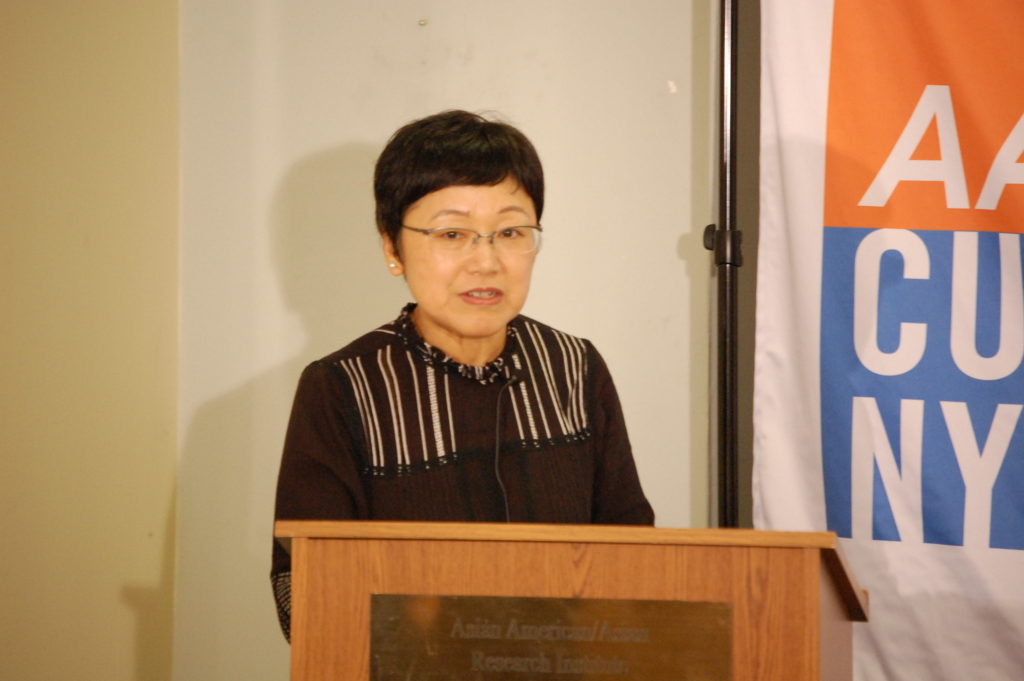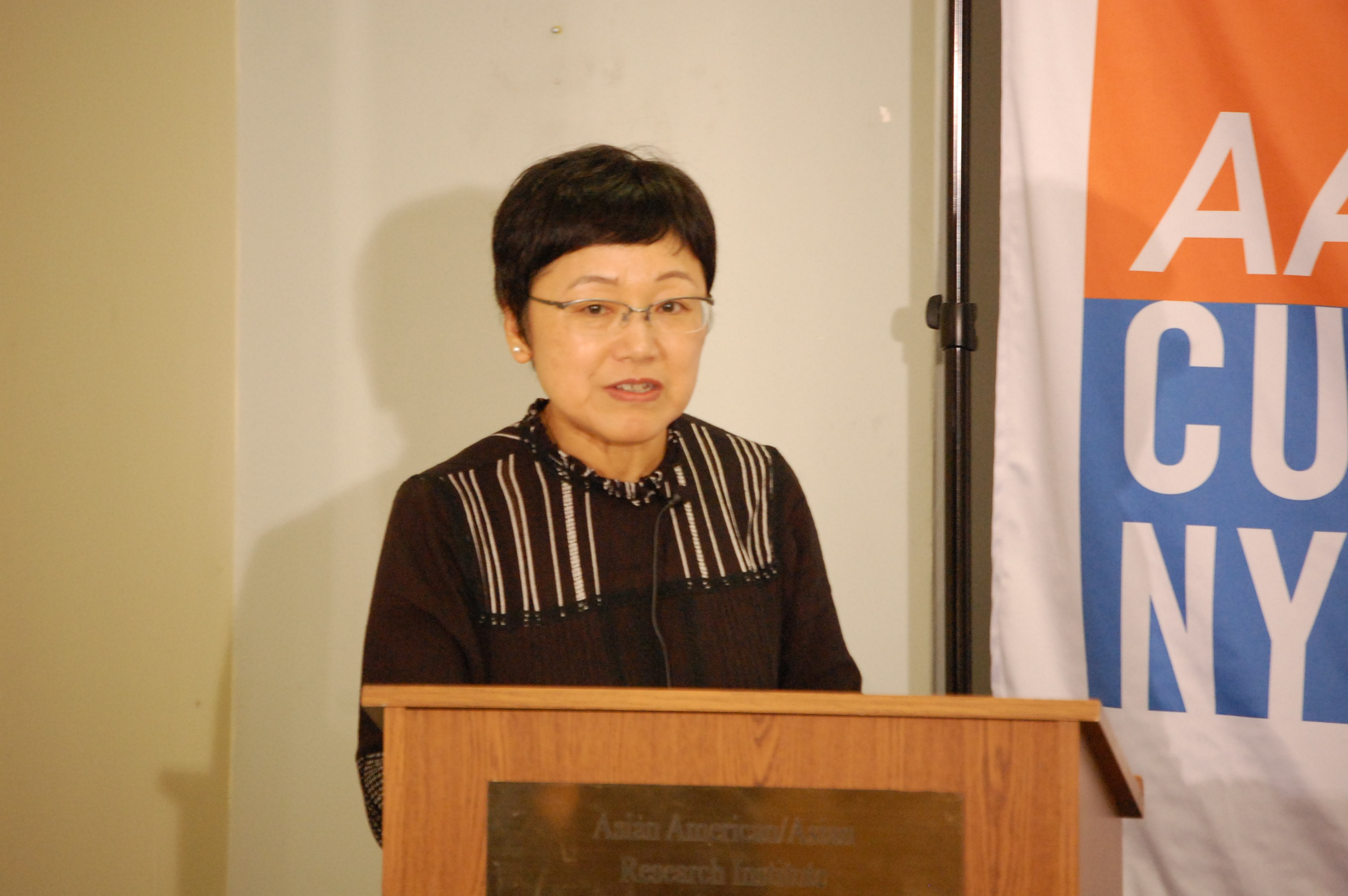
Based on her 2015 book, Yayoi Kusama: Inventing the Singular, Prof. Midori Yamamura will discuss Japanese-born artist Yayoi Kusama and Jewish art dealer Leo Castelli, who both launched their careers in New York’s 1950s multicultural downtown scene, where immigrants from diverse backgrounds converged after the Second World War. By the early 1960s, Kusama was exhibiting together with the Pop and Minimal artists during their formative years. In Europe, she showed with the Dutch Nul and the German Zero artists. However, as the global art market fully took root, the so-called “New American Art” replaced multiculturalism with mostly U.S.-born white male artists, most of whom were represented by a single New York gallery, Leo Castelli, and Kusama became marginalized. This was owing in part largely to the successful efforts of the capitalists’ transnational activities to establish what was in effect a market monopoly. This experience uniquely shaped Kusama’s art, and forced her to invent a singular practice that foreshadowed the politically charged feminist art of the 1970s and queer art, challenging the conventional ideas of gender and sexuality.


